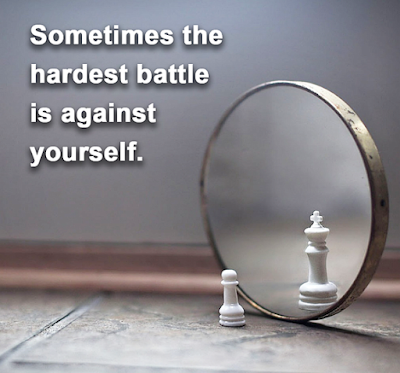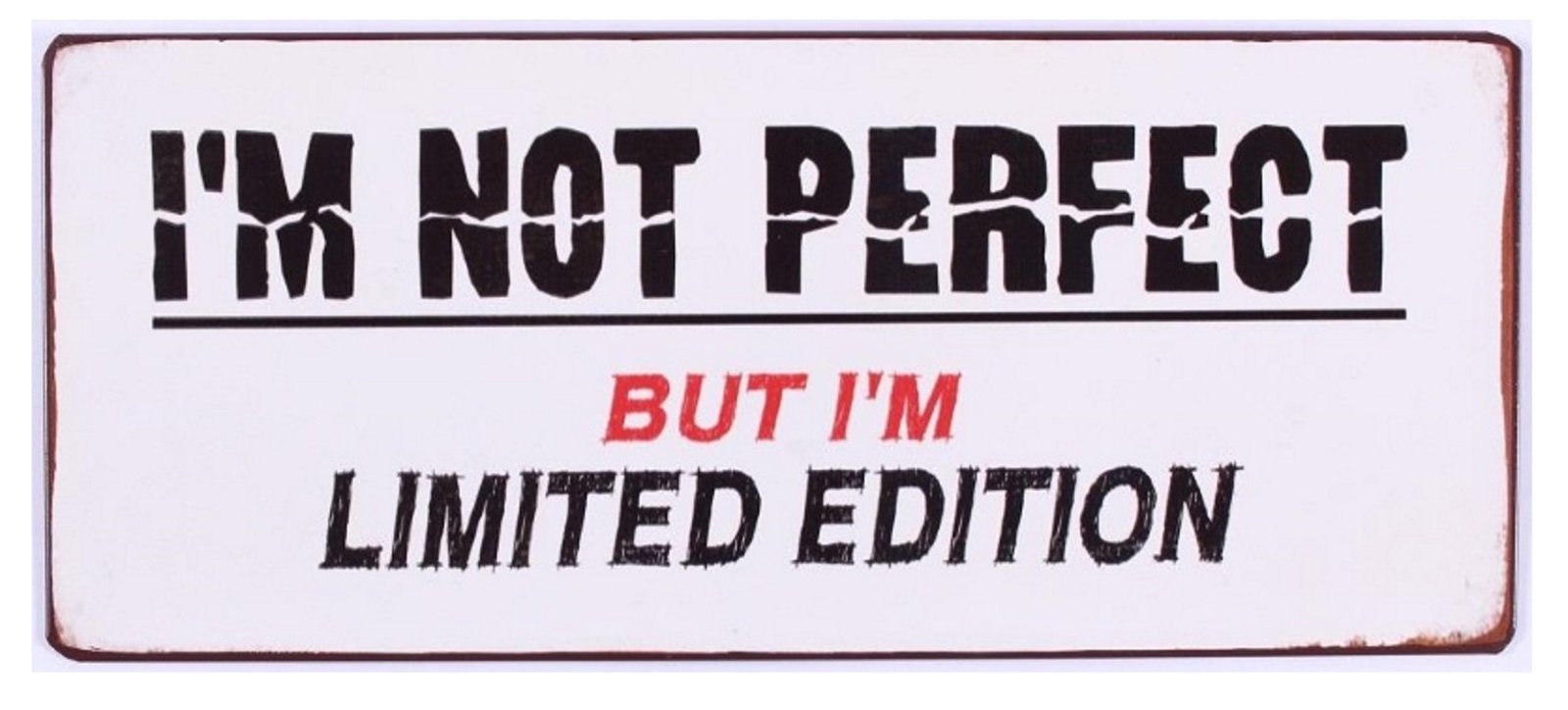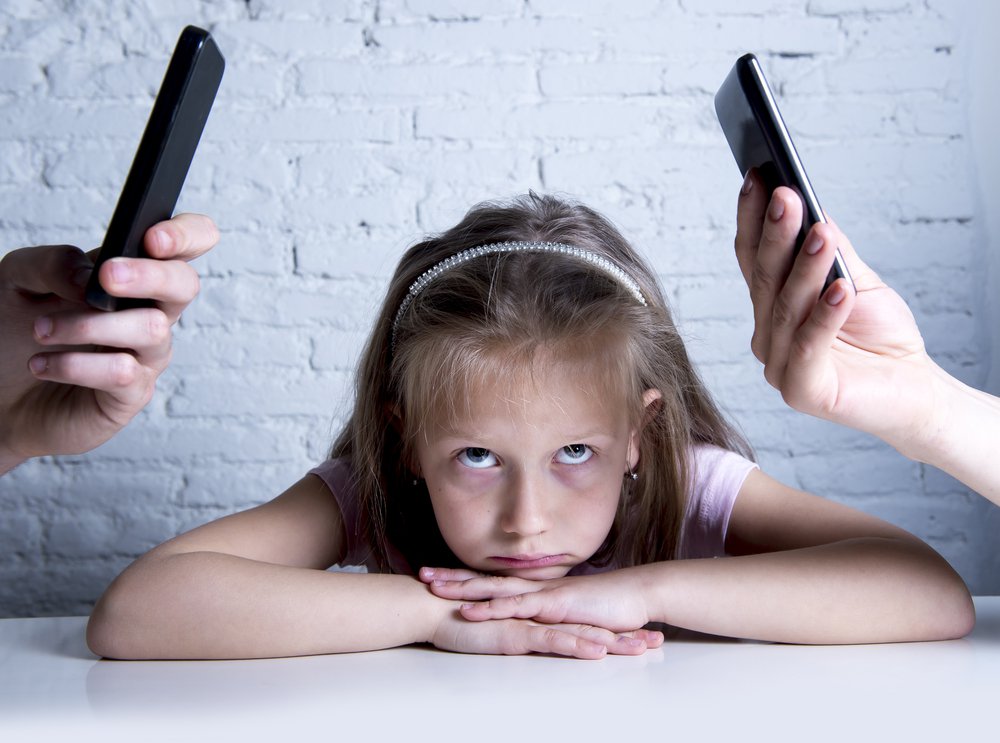 Our knee jerk reactions to yell, withhold affection, smack, or pull away from our child are all trained impulses. Despite our best intentions, the things our parents often did and said to us become the same dreaded things we do with our own children. "Because I said so." "Just do as your told." "Stop that crying this instant." "I've had it up to here." "Go to your room." This negative learned model just slips through sometimes. But it isn't our destiny. Regardless of our upbringing we can choose a better way to raise our own kids. It will, however, not be a quick fix. So here are some steps to put you on the path to being the best parent you can be (no matter your upbringing) starting from right here, right now, wherever you are.
Our knee jerk reactions to yell, withhold affection, smack, or pull away from our child are all trained impulses. Despite our best intentions, the things our parents often did and said to us become the same dreaded things we do with our own children. "Because I said so." "Just do as your told." "Stop that crying this instant." "I've had it up to here." "Go to your room." This negative learned model just slips through sometimes. But it isn't our destiny. Regardless of our upbringing we can choose a better way to raise our own kids. It will, however, not be a quick fix. So here are some steps to put you on the path to being the best parent you can be (no matter your upbringing) starting from right here, right now, wherever you are.
Deal With Those Ghosts:
To create a lasting shift you have to do more than just avoid the parenting techniques your parents used. You have to spend some time evaluating your relationship with them as a whole. What did the do that worked? What did you wish they had done better? Both of those have influenced the parent you've become. You cannot break free from the model you've been given without acknowledging the good, the bad, and the ugly. So deal with those ghosts and ask yourself...
1) What did they do that you want to pass on to your own kids? Did your parents tirelessly let you ask questions and learn along side them no matter what they were doing? What character traits did they demonstrate and instill in you? What was an undeniable priority to them?
 2) What did they do that you definitely don't want to do? Were you raised by screamers? Did your parent's put you down or call you names? Did they withhold affection when you displeased them? Maybe they just weren't really present in the everyday or when something important came up. Whatever their less than admirable qualities were take the time to recognize them and how they still affect you today.
2) What did they do that you definitely don't want to do? Were you raised by screamers? Did your parent's put you down or call you names? Did they withhold affection when you displeased them? Maybe they just weren't really present in the everyday or when something important came up. Whatever their less than admirable qualities were take the time to recognize them and how they still affect you today.
Ask Your Kids:
Children are known for their brutal honestly. If they think you're fat or your hair looks bad they don't have enough of a filter to pull those punches. But sometimes a child's answer can be pure gold in it's sincerity. They don't try to please us by saying the right thing. The young ones especially speak from the heart and share exactly what they think so who better to evaluate how you're doing as a parent? I mean they are around us all the time. If you want to be a better parent, get some feedback from your kids. Ask them these questions regularly whenever it comes to mind. Their answers will vary based on where you are in life and where they are.
What's it like having me as a parent?
What do you want me to do more of?
What do you want me to do less of?
Ask and then genuinely take the time to hear what they're trying to say. I know our age has made us wise, but our child's thoughts and perceptions of us is a pretty dang handy gauge for how you're doing overall. For example: if a child thinks you love cleaning or working... it's probably because you're always doing it. As adults we are constantly in a "gotta get things done" mindset. You have to switch that off at home. So ask these questions. Their answers really matter.

Carry On From Here:
And finally here's the most important one to remember on your journey to being the best you can be. The truth is if you're even looking for ways to be a better parent you're on track. Bad parents don't care if they're failing their kids. They don't even pause to consider it. They simply can't be bothered with whether they're succeeding or not. So if you're asking yourself "What can I do better?" then you're taking steps in the right direction. So keep trying your best. Learn and grow and work on yourself in whatever ways you can. Some days will be okay. And some days won't be. You just have to keep striving to be better than yesterday. One day at a time, one small step after another, you're writing your own destiny now, free from the model you were raised in.
#RaiseAWarrior






